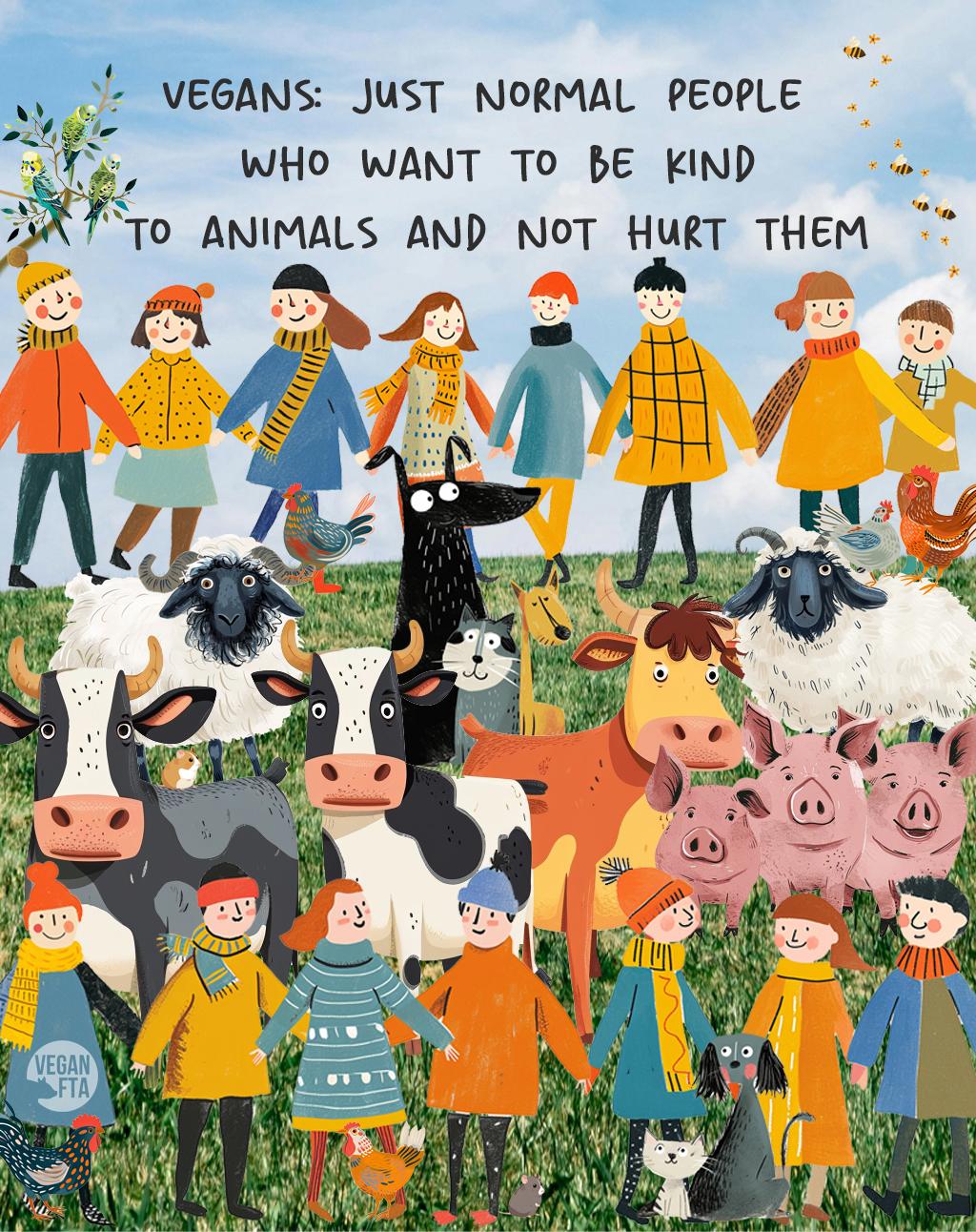The Dangers of meat industry is a significant contributor to the global economy, providing livelihoods for millions and serving as a primary source of protein for billions. However, behind its economic benefits and dietary significance lies a complex web of dangers and ethical concerns that are increasingly coming to light. These dangers span across health risks, environmental impacts, ethical issues, and socio-economic challenges, making it crucial for consumers, policymakers, and stakeholders to be aware and take action.
Health Risks Associated with Meat Consumption
One of the most immediate dangers of the meat industry is its impact on public health. Consuming large quantities of red and processed meats has been linked to various health problems, including heart disease, cancer, and obesity. The World Health Organization has classified processed meats as carcinogenic, meaning they are known to cause cancer, while red meats are classified as probably carcinogenic.
The overuse of antibiotics in livestock is another significant health concern. To promote growth and prevent disease in crowded and unsanitary conditions, animals are often given antibiotics, which contributes to the development of antibiotic-resistant bacteria. This resistance can then be transferred to humans through the consumption of meat, leading to infections that are harder to treat.
Environmental Impact
The environmental footprint of the meat industry is substantial. Livestock farming is one of the largest sources of greenhouse gas emissions, contributing to climate change more significantly than the entire transportation sector combined. Methane, a potent greenhouse gas, is released in large quantities from cattle during digestion. Additionally, deforestation for grazing land and feed crop production leads to biodiversity loss and further carbon emissions.
Water usage in the meat industry is also a pressing concern. Producing meat requires significantly more water compared to plant-based foods. For instance, it takes about 1,800 gallons of water to produce just one pound of beef. This intensive water usage exacerbates water scarcity in already vulnerable regions.
Ethical Concerns
The ethical implications of the meat industry are profound. The conditions in which many animals are raised, transported, and slaughtered often involve significant suffering. Factory farming practices prioritize efficiency and profit over animal welfare, leading to cramped living conditions, inhumane treatment, and stressful environments for animals.
Beyond animal welfare, there are ethical concerns regarding labor practices within the industry. Workers in meat processing plants often face dangerous working conditions, low wages, and limited rights. The industry's reliance on vulnerable populations, including immigrants and minorities, raises questions about exploitation and social justice.
Socio-Economic Challenges
The meat industry presents several socio-economic challenges, particularly concerning food security and economic inequality. While the industry generates significant revenue, the benefits are often unevenly distributed. Small-scale farmers struggle to compete with large corporations that dominate the market, leading to the consolidation of power and wealth in the hands of a few.
Moreover, the focus on meat production for export rather than local consumption can undermine food security in developing countries. Land that could be used to grow food for local populations is often repurposed for livestock farming or feed crops destined for wealthier nations.
Steps Towards a Sustainable Future
Addressing the dangers of the meat industry requires a multifaceted approach involving consumers, industry stakeholders, and policymakers. Here are several strategies that can help mitigate these risks:
1. Promoting Plant-Based Diets: Encouraging the adoption of plant-based diets can significantly reduce the demand for meat and its associated environmental and health impacts. Plant-based foods generally have a lower carbon footprint, require less water, and are associated with numerous health benefits.
2. Implementing Stricter Regulations: Governments can play a crucial role by implementing stricter regulations on animal welfare, antibiotic usage, and environmental practices within the meat industry. These regulations can help reduce the industry's negative impacts and promote more sustainable practices.
3. Supporting Sustainable Farming Practices: Encouraging and supporting sustainable farming practices can lead to more ethical and environmentally friendly meat production. This includes practices like rotational grazing, organic farming, and integrated crop-livestock systems that improve soil health and biodiversity.
4. Raising Consumer Awareness: Educating consumers about the impacts of their dietary choices can drive demand for more sustainable and ethical products. Labels that provide information on animal welfare, environmental impact, and nutritional content can empower consumers to make informed decisions.
5. Encouraging Innovation: Investment in research and development of alternative proteins, such as lab-grown meat and plant-based substitutes, can provide consumers with sustainable options that mimic the taste and texture of traditional meat.
Conclusion
The Dangers of meat industry are complex and far-reaching, affecting our health, environment, and society. By recognizing these dangers and taking concerted action, we can work towards a more sustainable and ethical food system. This transformation will require collaboration across all sectors, from individual consumers to global policymakers, to ensure that the benefits of the meat industry are realized without compromising our planet's health and the well-being of future generations.



